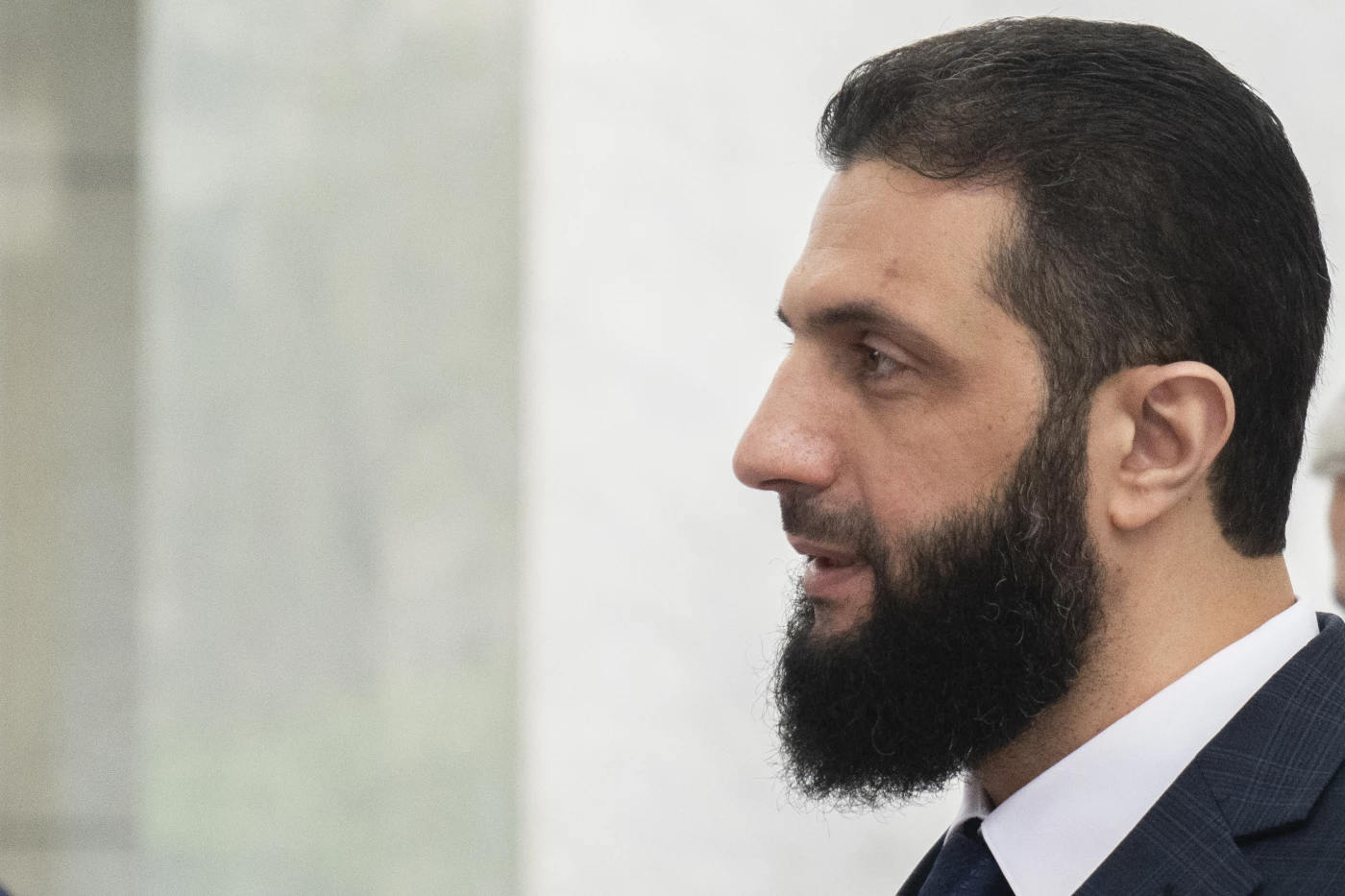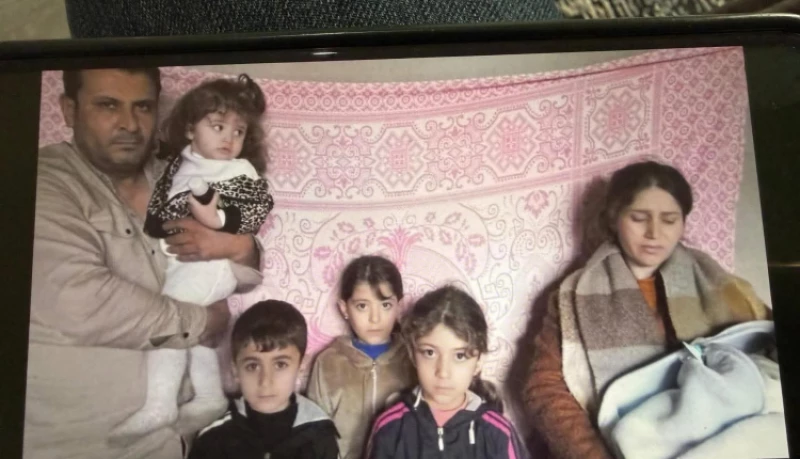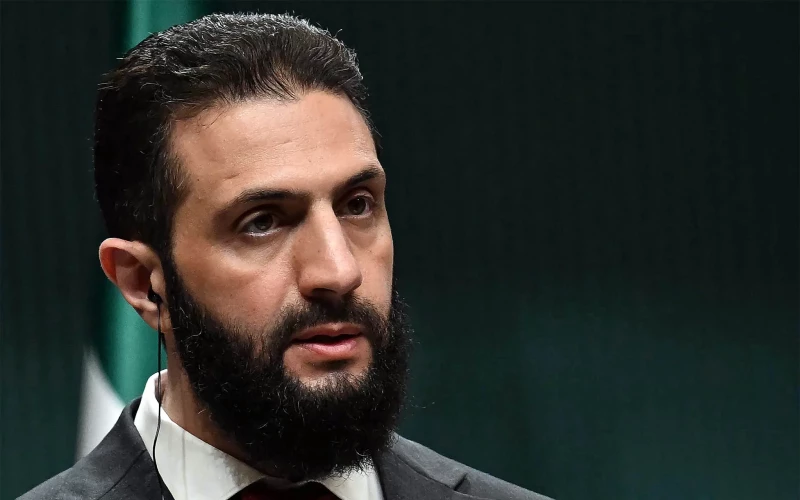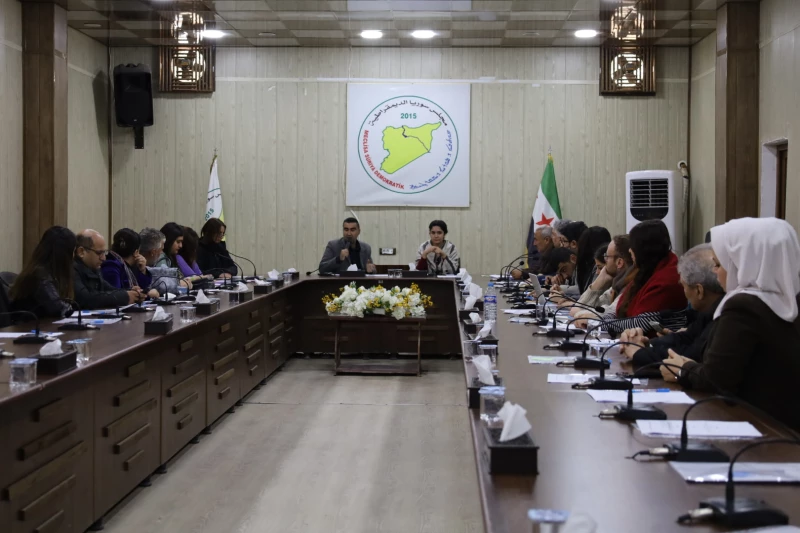ERBIL, Kurdistan Region of Iraq - Syria’s Interim President Ahmed al-Sharaa on Monday said that a new transitional government cannot satisfy everyone amid criticism for a lack of religious and ethnic diversity in the new government.
Sharaa announced late Saturday the formation of a new Syrian transitional government. The new cabinet sees the appointment of key Sharaa allies and opponents to ousted former Syrian president Bashar al-Assad to crucial positions.
Sharaa on Monday rejected a quota system for minorities and said the ministers, who are mostly Sunni Muslims, were chosen based on their expertise and competence “without particular ideological or political orientations.”
The cabinet contains representation from four of Syria’s minority communities—a Kurd, a Christian, a Druze, and an Alawite, respectively—after pressure from the international community for adequate minority representation.
However, it has been noted that none of the four received key portfolios.
The Kurdish-led administration in northeast Syria on Sunday criticized the newly formed Syrian transitional cabinet for not reflecting the country’s diversity, stating that they will not be adhering to the decisions and directives issued by such a government.
The announced cabinet “largely resembles” that of the previous regime, citing its failure to consider Syria’s diversity, maintaining one-party rule, and “failing to provide fair and genuine representation” for all the ethnic and religious components, the Autonomous Administration of North and East Syria (AANES) said in a statement.
“This completely contradicts the goals for which the Syrians rose up in their revolution and the change they aspire to… any government that does not reflect the diversity and pluralism present in Syria will not be able to properly govern the country and extricate it from the crisis it is suffering from,” read the statement.
“We will not be concerned with implementing and executing the decisions issued by it,” said AANES, reiterating demands for a democratic and decentralized Syria and an end to policies of exclusion and marginalization.
Sharaa said the new government's goal is to rebuild the country, but at the same time, it "will not be able to satisfy everyone."
The country's new education minister, Mohammed Abdulrahman Turko from Afrin, is the only Kurdish member of the cabinet.
Kurdish authorities in Syria have repeatedly criticized Damascus for the lack of inclusion of other ethnic and religious groups in the transitional process, as efforts to unify the position of Kurdish parties in the country and present a united front in talks with the new administration in Damascus continue.



 Facebook
Facebook
 LinkedIn
LinkedIn
 Telegram
Telegram
 X
X


